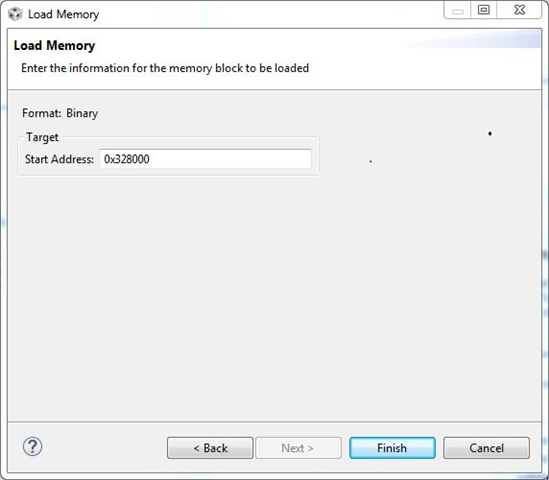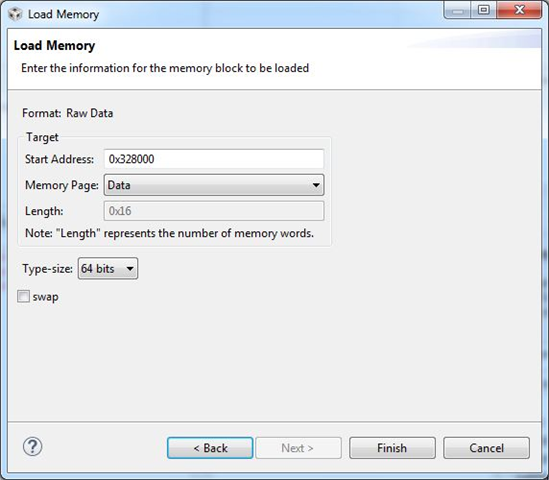Other Parts Discussed in Thread: TMS320F28335
Tool/software:
Hi,
The default example scripts for using Loadti (ccsv8) does not retrieve the option "--cpu" in the getArgs.js and hence the main.js doesn't include the ability to select CPUs passed the first in the chain.
Has anyone done anything or have an improved example script that implements the option as what I'm doing doesn't seem to be working. I know the config .ccxml file is all good as it works in CCS fine. Device type is "TMS320F28335"
Many thanks



